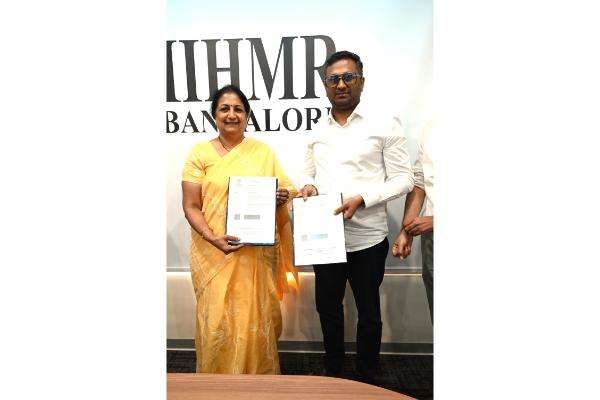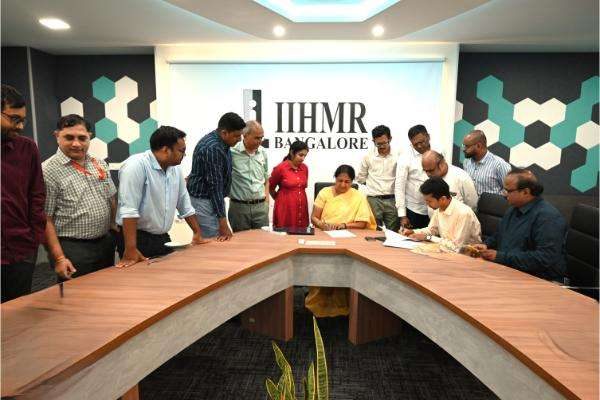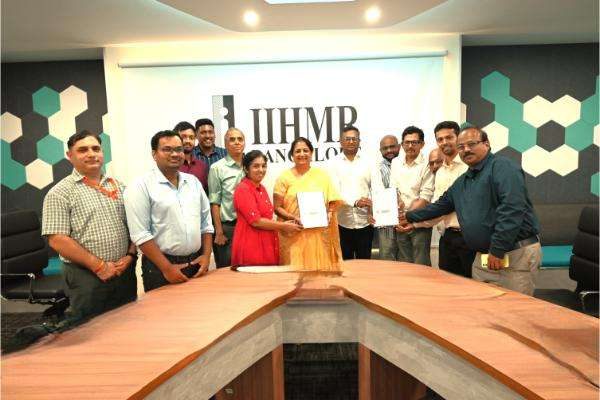Integrative Medicine: Allopathy and Ayurveda




Integrative medicine, which combines conventional allopathic medicine with traditional practices like Ayurveda, offers a holistic approach to healthcare. To gain wider acceptance, particularly within the scientific community, rigorous documentation and research are necessary to validate the efficacy of Ayurvedic practices. Meta-analyses and longitudinal studies can provide the data needed to demonstrate the safety and effectiveness of Ayurvedic treatments alongside allopathic medicine.
Developing standardized integrative treatment protocols is crucial. Thorough research is required to determine the best combinations of allopathic and Ayurvedic treatments for various conditions, ensuring the most effective care based on robust scientific evidence.
Technology can play a critical role in the integration of allopathy and Ayurveda. The application of data analytics and artificial intelligence (AI) can significantly enhance integrative medicine. AI algorithms can analyze large datasets from clinical trials and patient records to identify patterns and predict treatment outcomes, leading to more informed decision-making and personalized treatment plans.
Standardized integrative treatment protocols will also provide essential information and training for healthcare professionals about integrative medicine. This can help bridge the knowledge gap and foster collaboration between practitioners of allopathy and Ayurveda.
To address the gaps in integrative medicine, IIHMR Bangalore has partnered with the Personalized Precision Health Systems Foundation. This collaboration focuses on enhancing documentation, research, and the inclusion of AI technology to bridge allopathy and Ayurveda.






